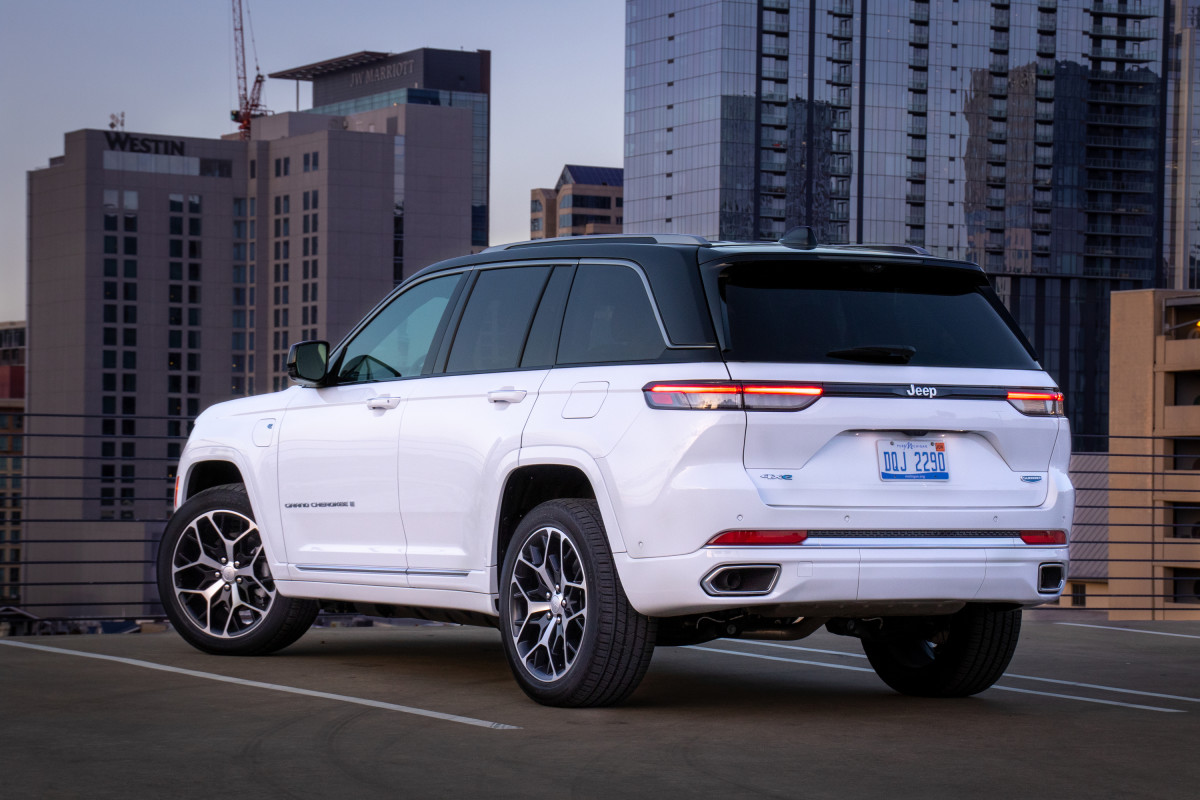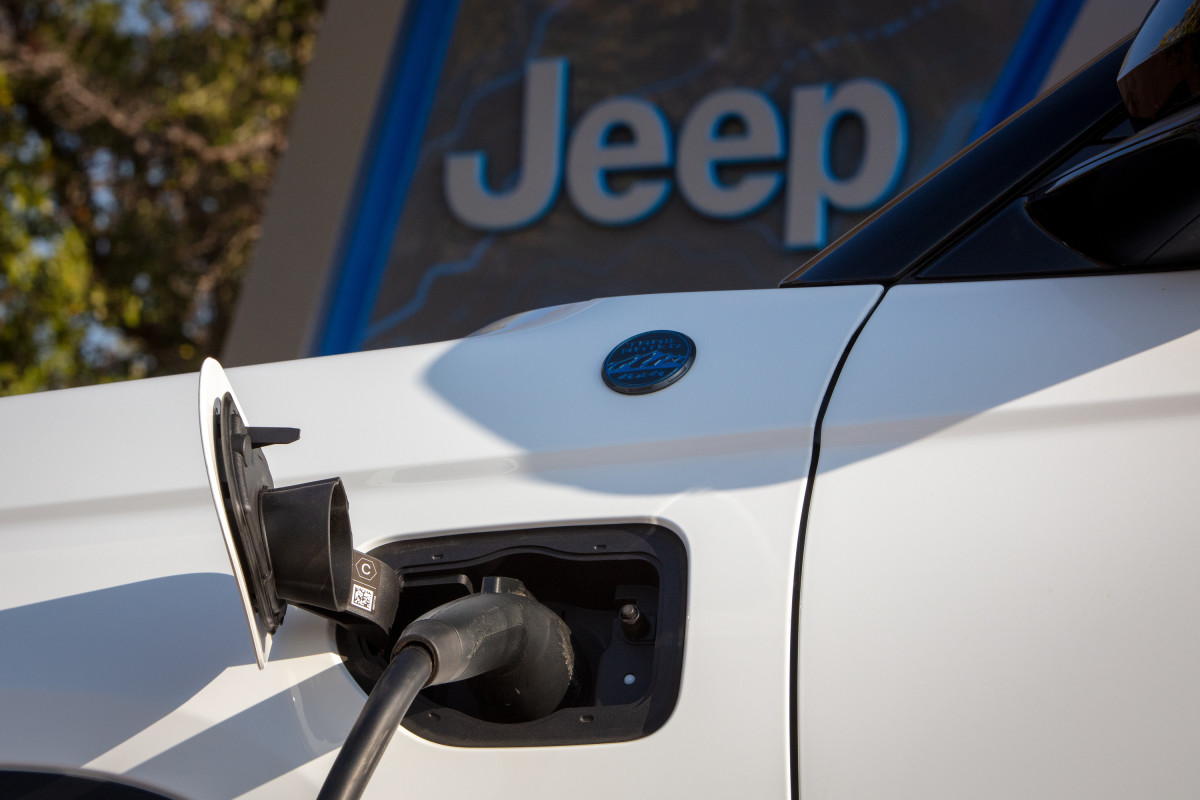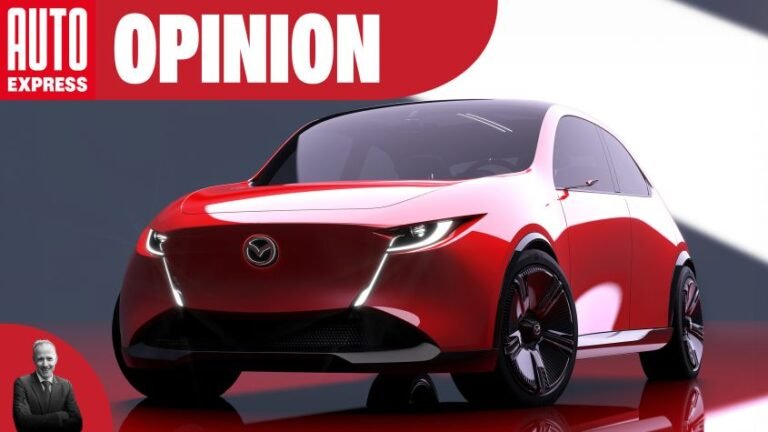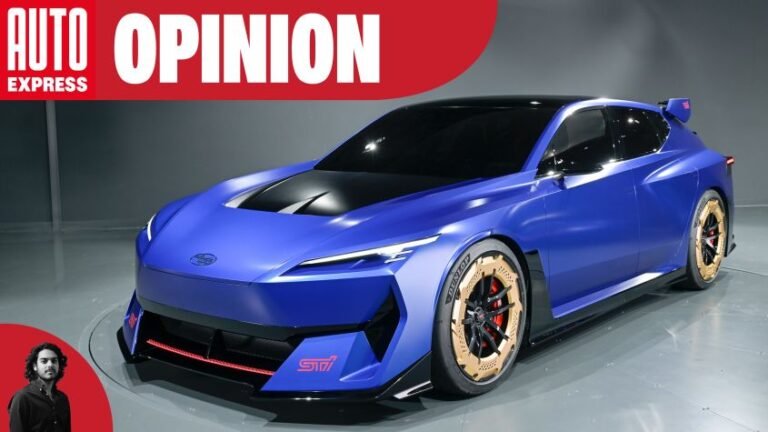Jeep’s PHEVs can’t catch a break
Jeep has announced a new recall for 320,065 units of the Jeep Wrangler 4xe and Jeep Grand Cherokee 4xe, the plug-in hybrid variants of these SUVs. According to the company, an internal investigation revealed that 19 fires had resulted from a fault, presumably with the high-voltage batteries of these plug-in hybrids.
This isn’t the first time Jeep PHEVs have been recalled for a fire risk, as a 2024 recall involving the same models was published by the NHTSA, which affected over 150,000 models. The new one is a wider recall as it involves even newer versions of the SUVs, indicating that the manufacturer hasn’t yet gotten to the bottom of the fault. Beyond this, recent data suggests that plug-in hybrids are struggling to match the reliability standards of other powertrains.
Related: Plug-In Hybrids Are Five Times Filthier Than You Think They Are, Says Study
Avoid Recharging or Parking Close to Structures
2025 Jeep Wrangler 4xe
The latest recall affects 2020-2025 Wrangler 4xe models and 2022-2026 Grand Cherokee 4xe SUVs. Jeep’s brief statement on the recall doesn’t identify the exact issue, as a remedy is still being investigated.
Until a fix is found, owners are being advised to avoid recharging. Fortunately, it’s possible to drive a PHEV without recharging the battery. The second recommendation is to park away from structures or other vehicles, which will be much more challenging for some customers.
Last year’s recall specified that the high-voltage battery could fail internally, causing a fire if the vehicle was parked or in motion. The documentation explained that the battery pack’s cells are susceptible to separator damage, which could cause a fire. At the time, a software update was proposed as a fix, along with updates to components like the auxiliary hybrid control processor. It’s not known yet if the cause and fixes applied to last year’s recall will be applicable to the latest recall.
It’s not the only PHEV-related issue Jeep has had, as almost 92,000 Grand Cherokee hybrids were recalled for a sudden loss of power earlier this year, too.
The Problem with Plug-In Hybrids

While PHEVs promise to offer the best of both worlds—electric, emission-free driving and the backup of a gas engine for longer trips—this powertrain is more complex than any other. According to the J.D. Power 2025 U.S. Initial Quality Study (IQS), which is an assessment of the number of problems owners face with new vehicles in the first 90 days of ownership, PHEVs have more problems than EVs for the first time. Plug-in hybrids are also more problematic than conventional hybrids and gas-only models.
A 2023 study from Consumer Reports found similar results. Even though conventional hybrids are becoming more reliable, PHEVs are moving in the opposite direction.
Final Thoughts

If you’re buying a new PHEV, it’s advisable to consult reliability ratings and to try to go for models with the best warranty. If you’re buying used, it’s even more important to choose a model with a strong reliability record and a complete service history.
For Jeep, it’s concerning that last year’s recall failed to remedy the fire hazard posed by these plug-in hybrid SUVs. Hopefully, the company comes up with a permanent fix before more fires are reported.

